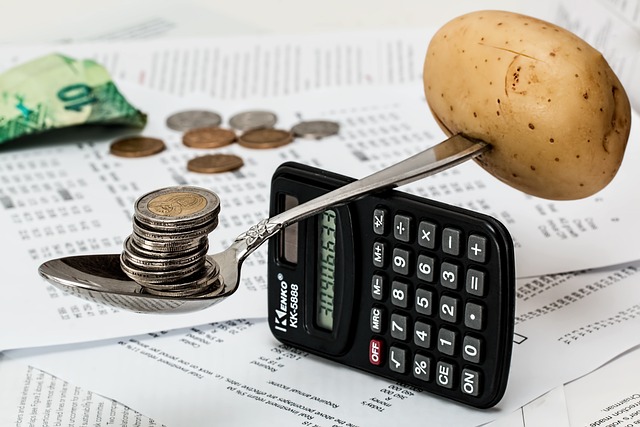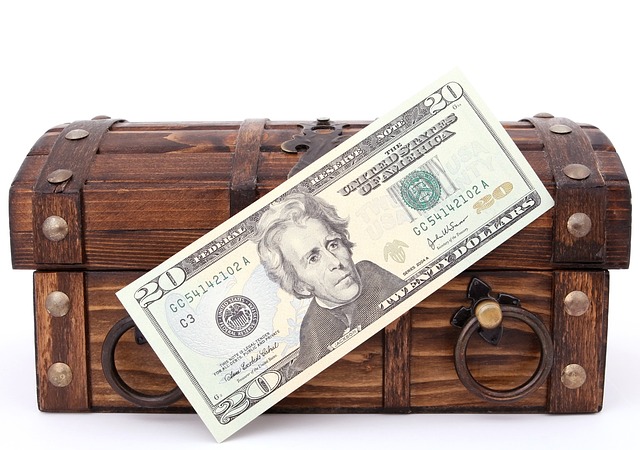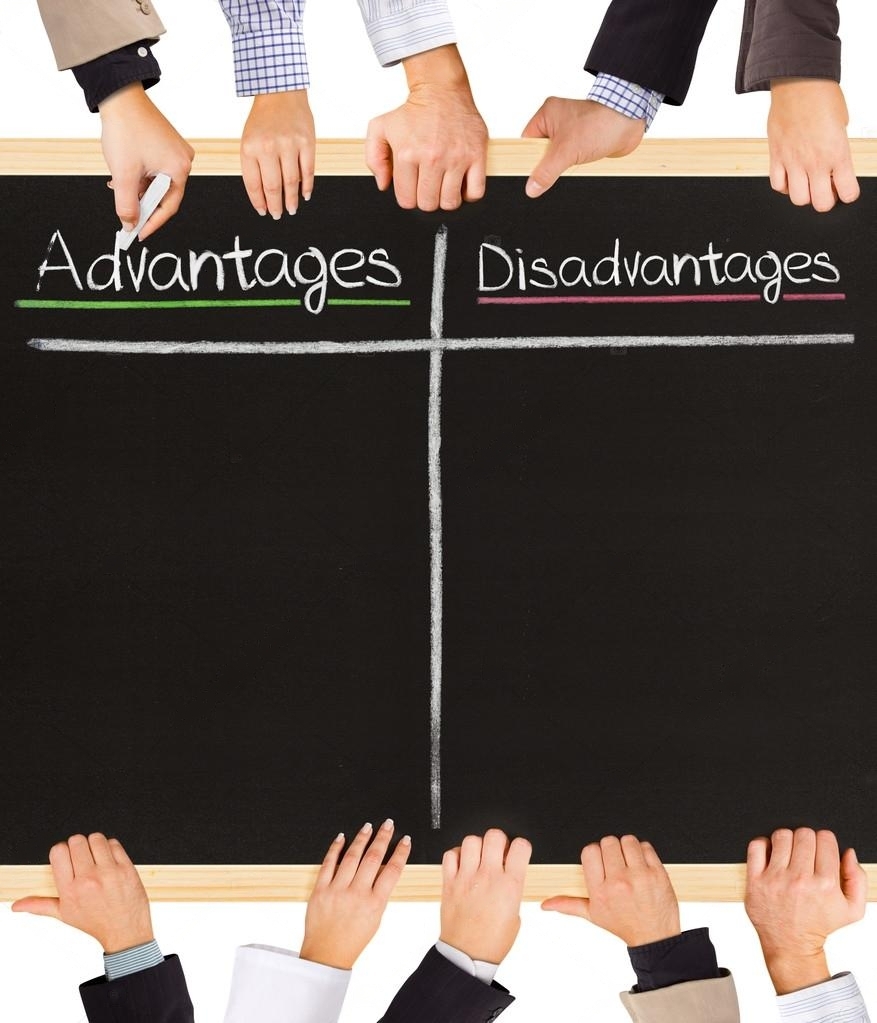
First of all, it is necessary to shift from rate self-discipline to service standard self-discipline. Price regulation is the core problem of the self-discipline of the insurance industry association, which is suspected of monopoly.

Secondly, protecting competition is not equal to indulging in vicious competition. A series of anti-monopoly self-examination and self-reform measures taken by the insurance regulatory authorities to regulate the overly competitive market have attracted social attention. There are many theoretical and practical issues behind this, such as whether the price regulation of the insurance market is necessary. Whether the self-regulation of formality rate is suspected of industry monopoly, whether the market share can be divided in the case of market mechanism failure, and so on. Although many disputed self-regulatory behaviors belong to the monopoly behaviors defined in the Anti-Monopoly Law in form, the starting point and effect of their implementation are conducive to improving market efficiency and protecting consumers' interests in light of the particularity of insurance industry operation and management. As a result of motorcycle, big truck, taxi and other models of traffic insurance huge losses, insurance companies have no active underwriting will, market mechanism failure. The loss of auto insurance management, one of the important reasons is the excessive competition of auto insurance market. Price competition has always been the main means of competition in the domestic auto insurance market. Excessive competition even makes property insurance companies in a passive position in the cooperation with intermediary agency channels, and they are maliciously raised fees. In order to curb vicious competition and protect the legitimate insurance rights of insurance consumers, the insurance industry associations in some regions have adopted some self-regulatory behaviors to limit insurance rate discounts and procedure rates based on local experience data. Their purpose is not to "limit competition" and let insurance companies obtain monopoly profits, but to "regulate competition" and promote the sound development of the market.

Finally, industry self-discipline is not a "price alliance", and anti-monopoly must also respect the rules of insurance operation. In terms of the actual situation, most of the self-regulatory conventions do not fix or change the price of auto insurance, except for some clauses in the self-regulatory conventions that involve setting the rate or the applicable conditions of the rate factor in addition to the rate approved or put on record by the insurance regulatory authorities. After the self-regulation of the industry, auto insurance products can still give reasonable discounts and pay handling charges legally according to the provisions of the regulatory authorities. Compliance with the operation of auto insurance business, rather than the social misunderstanding of "can not discount", "can not give handling fees", not to speak of "price alliance". According to the practice of anti-monopoly law enforcement in the world, there are illegal standard and reasonable standard to determine whether an act belongs to monopoly behavior. Under the premise that the Anti-Monopoly Law does not refer to foreign legislative examples to grant the insurance industry anti-monopoly exemption, it is particularly necessary to respect the rules and characteristics of insurance business and apply the rationality standard to the enforcement of anti-monopoly law in the insurance industry. The insurance industry and anti-monopoly law enforcement departments need to strengthen communication to find the balance of interests between maintaining the normal competition order of the insurance market, protecting the legitimate rights and interests of insurance consumers and anti-monopoly law enforcement.




